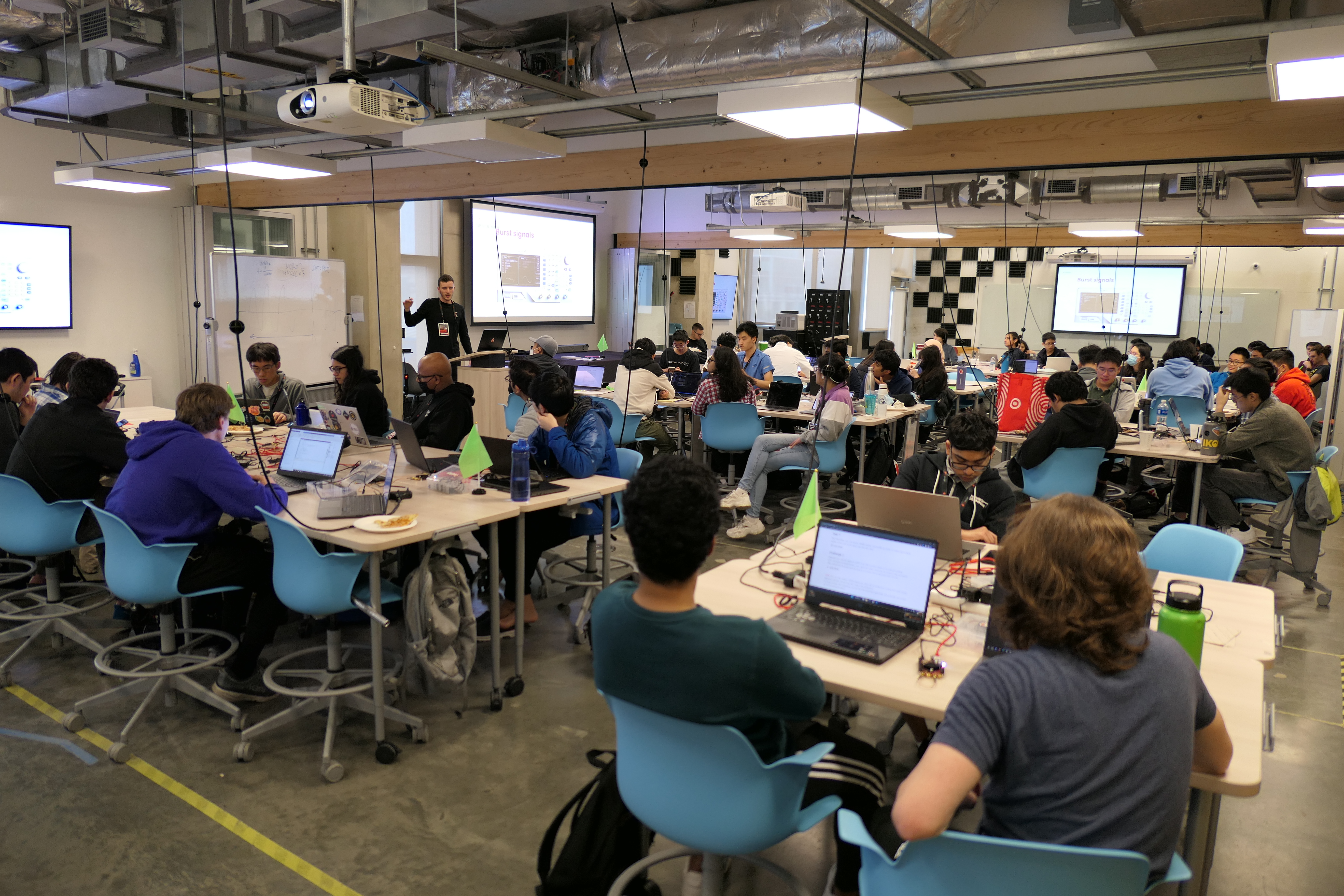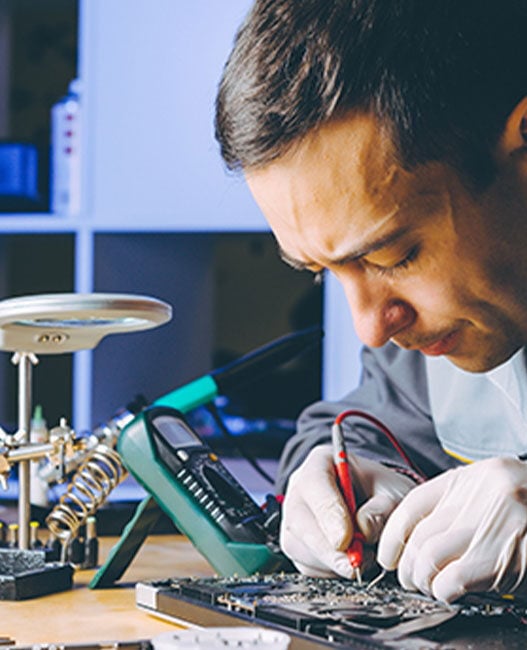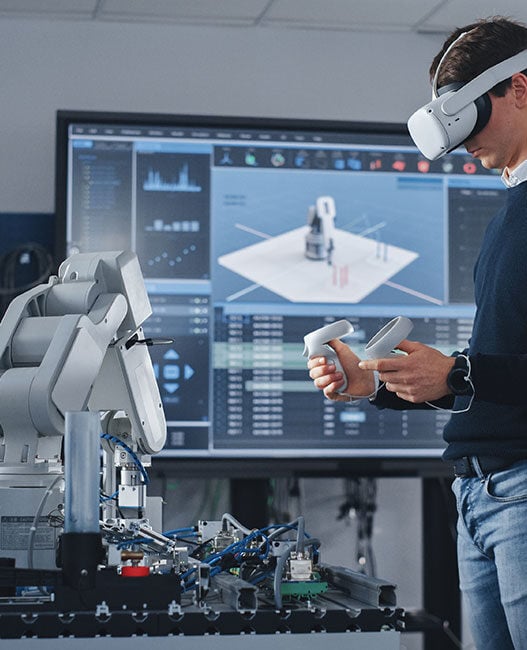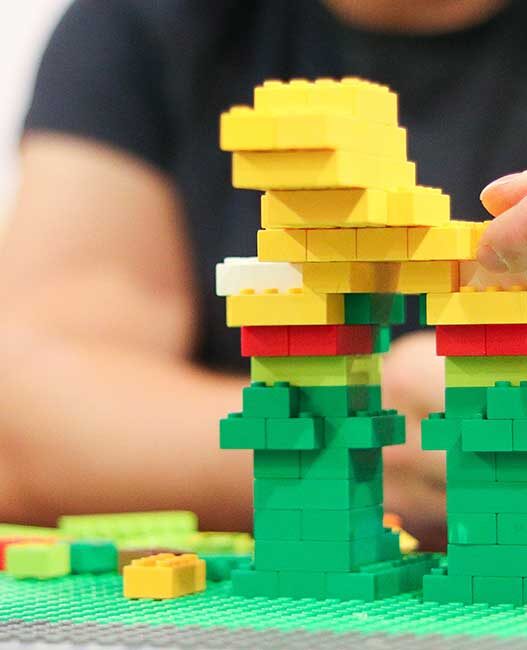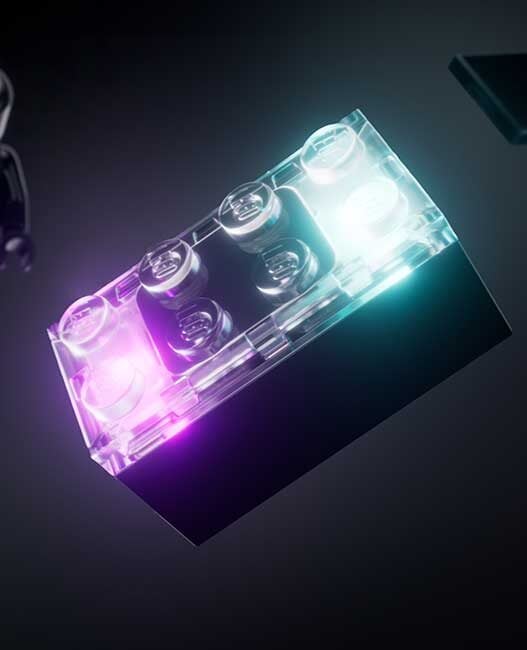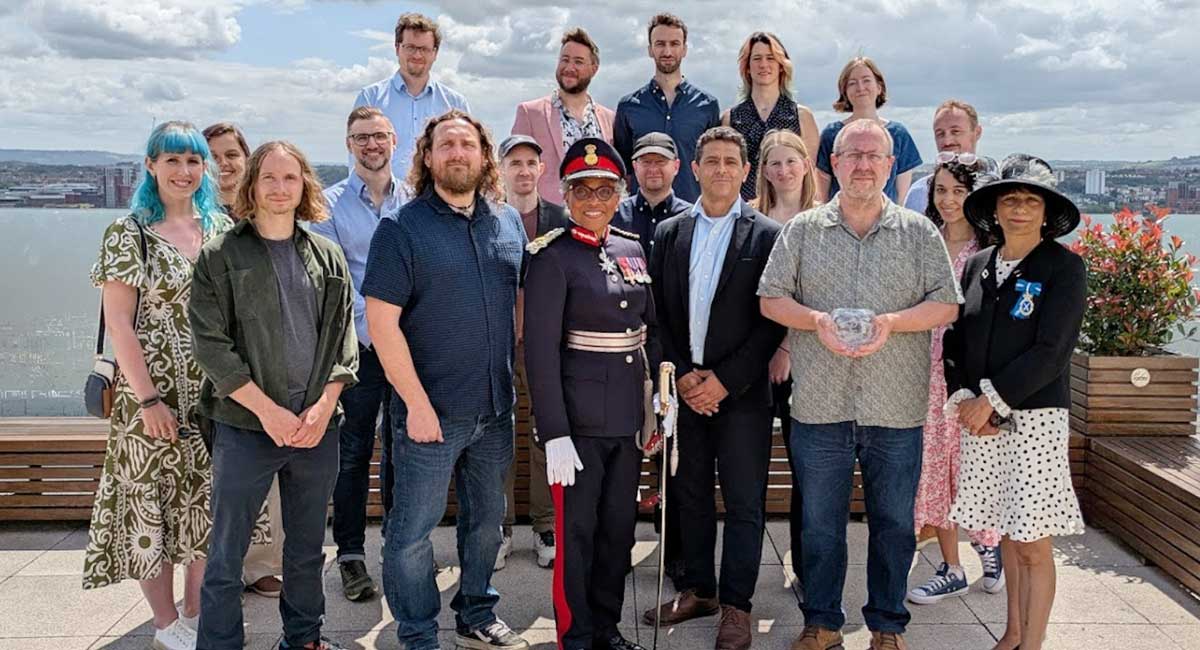This article originally appeared in the April’25 magazine issue of Electronic Specifier Design – see ES’s Magazine Archives for more featured publications.
Electrical engineering is becoming less popular among students, despite its critical role in modern technology. To close the skills gap, education must evolve. Universities need to produce graduates with both deep theoretical knowledge and the ability to apply it in real-world scenarios. This shift is already happening, but not fast enough.
Red Pitaya works with universities worldwide to bridge this gap. We measure our impact not just by how many students use our technology but by the number of research projects and startups that emerge from these programmes. Students who gain hands-on experience with our tools often go on to work in cutting-edge companies, applying the problem-solving skills they developed in academic settings to real-world engineering challenges.
One way to accelerate this shift is through industry-academia collaboration. We support universities in integrating hands-on learning into engineering curricula, providing tools that allow students to build, test, and iterate in real-world conditions. Our partnerships with universities worldwide, including the Technical University of Munich (TUM) and the University of California, San Diego (UCSD) bring students closer to the industry through hackathons and hands-on problem-solving competitions. At Southern Methodist University (SMU), we collaborate with professors to develop teaching materials that combine theory with hands-on experimentation. Beyond university students, we also work on upskilling initiatives, such as our FPGA course for scientists, equipping professionals with the skills needed to work with modern programmable hardware.
Some of the most valuable companies in technology today started as university research projects. Red Pitaya has been part of this journey for several academic spin-offs that have transitioned into successful businesses.
A university lab working on ultra-precise time measurements used Red Pitaya to prototype high-precision timing solutions. Their research evolved into commercial products used in quantum optics and high-speed communications.
A team developing high-speed, low-latency data acquisition systems used Red Pitaya as a flexible research tool before turning their technology into an industrial-grade solution. Today, their systems are used in demanding scientific and industrial applications.
A company specialising in high-precision frequency stabilisation and laser control began as an academic research project. Red Pitaya helped them iterate on designs quickly, shortening the transition from concept to market-ready technology.
These examples show the impact of providing engineers with flexible, open platforms early in their careers. Bridging the gap between academia and industry requires more than just better coursework. It demands real-world problem-solving, hands-on experimentation, and industry collaboration.
Red Pitaya’s commitment to engineering education was recently recognised at the Learning Awards 2025, where we won gold in the Learning Technologies category. This award celebrates organisations that have implemented innovative learning technologies with demonstrable impact on education and industry. It marks the second time Red Pitaya has been recognised for its contribution to academia, following our Academic Support Award in 2022. These achievements highlight the importance of hands-on, technology-driven learning and reinforce our ongoing efforts to equip the next generation of engineers with the skills they need to drive innovation.
